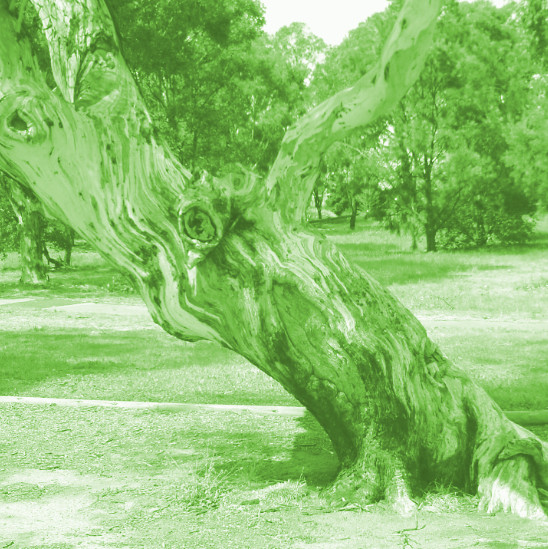Sydney tests recycled supplies
 Sydney Water is running a research project aimed at large-scale water recycling for gardens and parklands.
Sydney Water is running a research project aimed at large-scale water recycling for gardens and parklands.
The initiative is not only geared towards alleviating urban heat but also addresses pressing environmental challenges.
Led by Professor Leishman, in collaboration with Sydney Water and Macquarie University’s Smart Green Cities Research Centre, the Western City Parklands Arboretum project seeks to perfect the use of recycled water while ensuring soil health remains intact.
The research focuses on the impact of recycled water on various tree species, considering the unique soil and landscape challenges of western Sydney.
The project’s trial ground, the Australian Botanic Garden at Mount Annan, will see 600 young trees across fifteen different species being monitored over the next few years.
This effort aims to furnish data for the Which Plant Where online tool, aiding future landscaping efforts.
Western Sydney, known for experiencing some of the hottest temperatures in the Sydney Basin, faces significant challenges from climate change and urban heat islands.
The use of recycled water presents an opportunity to transform these hot suburbs into cooler, greener, and more sustainable areas.
“Western Sydney is an important place to study when we’re looking to improve functional, healthy green space in cities to provide cooling under extreme heat conditions,” Professor Leishman explained.
Projections indicate an additional 800,000 people moving to the region by 2041, exacerbating the demand for drinking water and pressure on wastewater infrastructure.
Sydney Water’s exploration into recycled water as a supplementary drinking source is also a proactive step towards securing Sydney’s water supply amidst increasing climate unpredictability and population growth.
This includes a comprehensive testing and community consultation process to address concerns and misconceptions about recycled water’s safety and utility.
Despite past political and public resistance to recycled water use for drinking, experts support its safety, but note the importance of community engagement in dispelling myths and fostering acceptance.







 Print
Print